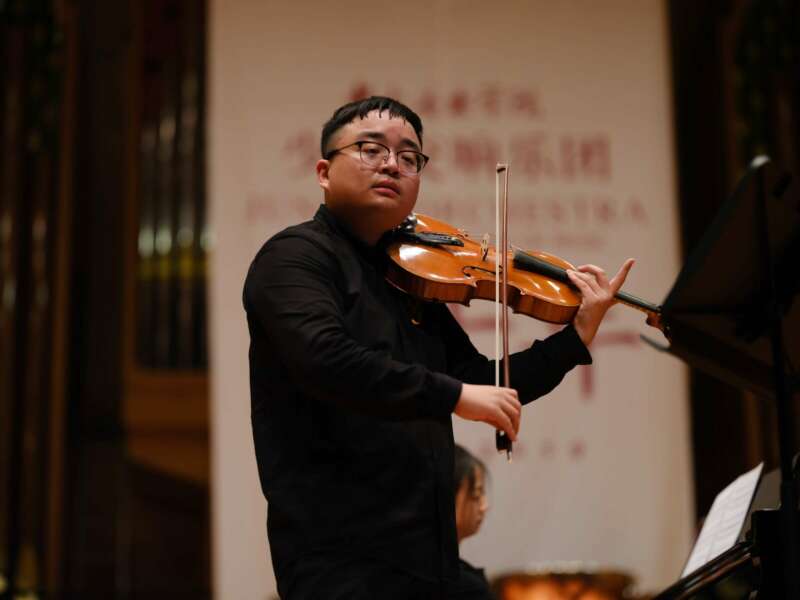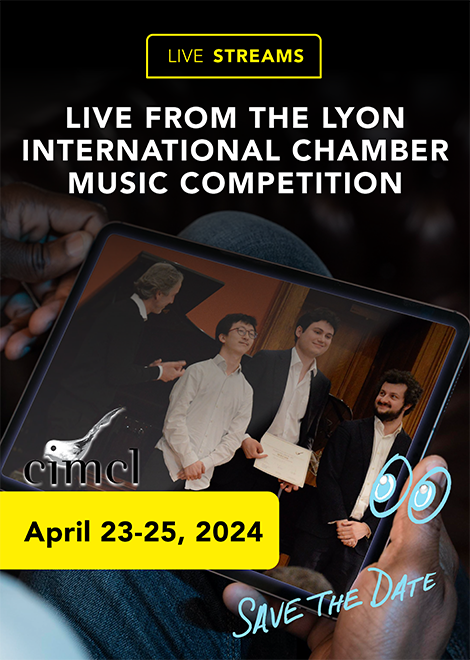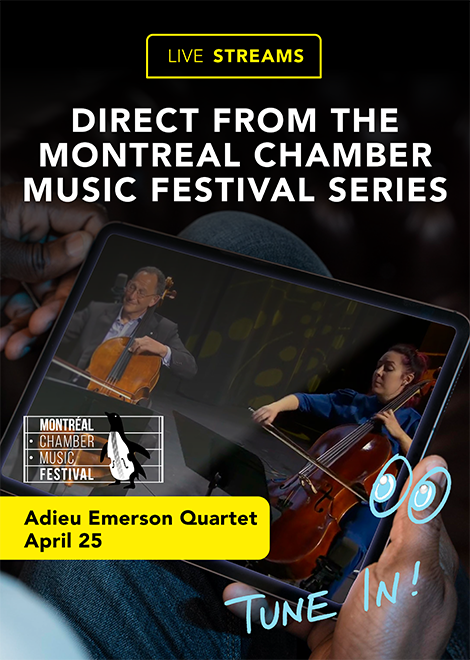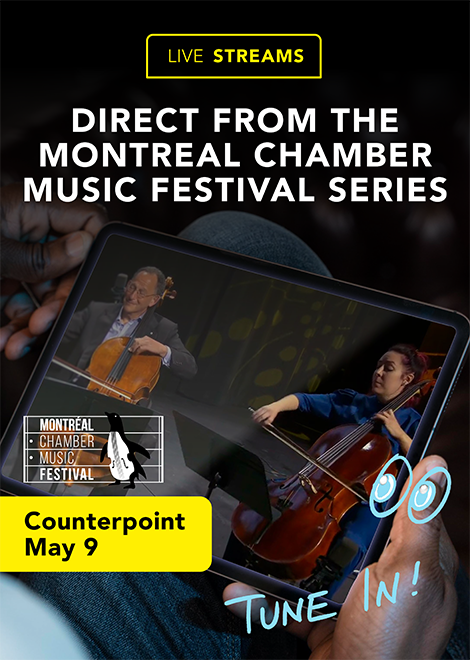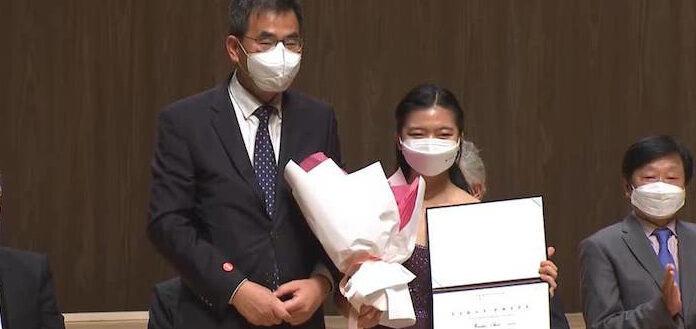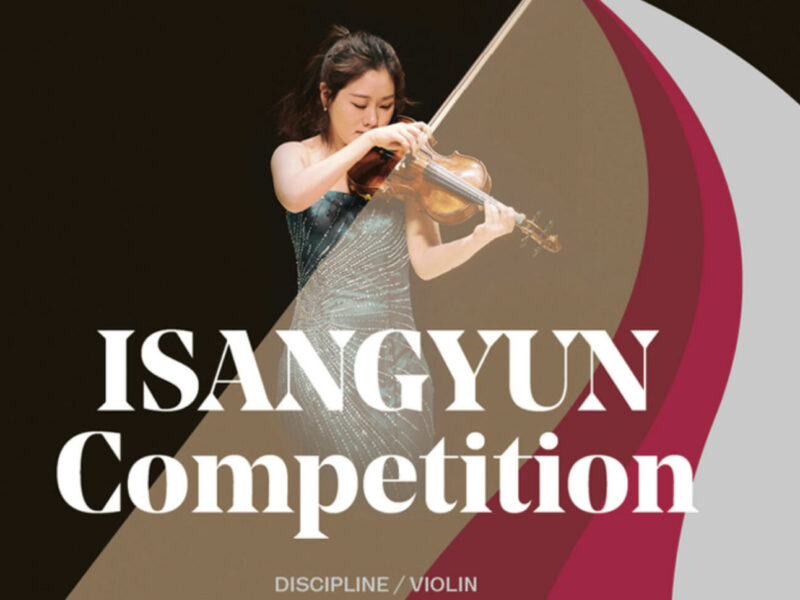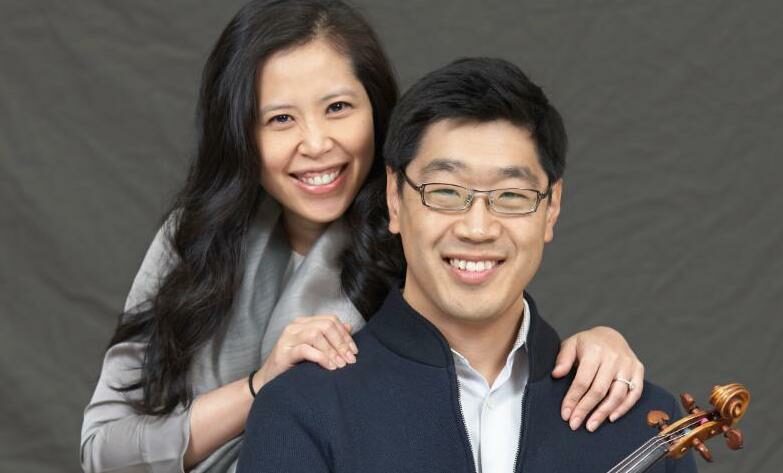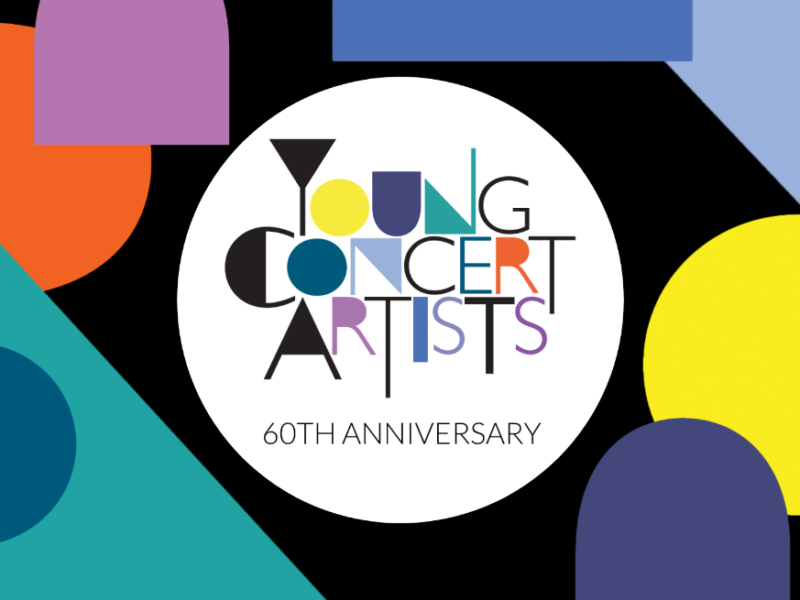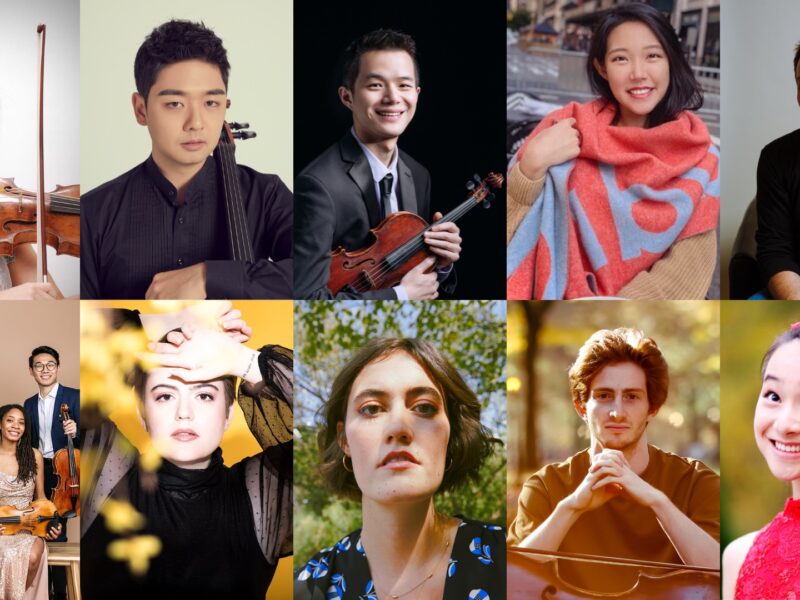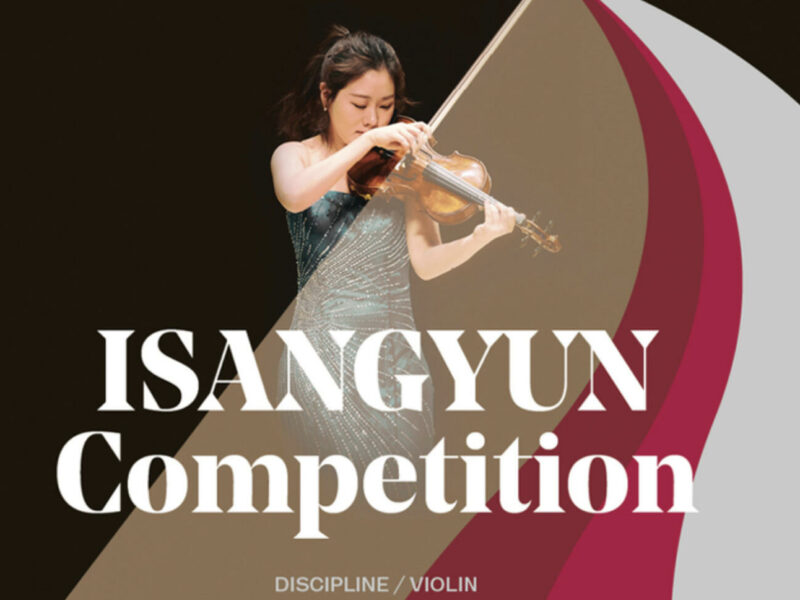Philadelphia Orchestra Announces New Onstage Dress Code
Black suits, shirts, and long ties will replace the traditional white tie and tails, while full-length black dresses, skirts, or pants remain
In a recent Philadelphia Inquirer article, Philadelphia Orchestra president and CEO Matías Tarnopolsky remarked that while there is a splendor about white tie and tails, the traditional attire may create barriers for strengthening bonds between musicians and audiences.
Historically, orchestra dress reflected present-day audiences of the time. When classical music reigned as most popular, musicians wore attire that emulated those of the audience, who would don their finest clothes and evening wear.
According to Drexel University fashion professor Joseph Hancock in the Inquirer article, white tie and tails became the standard formal wear for men in the mid-19th century. “This was a time when Americans with new money were hell-bent on proving their lifestyles were socially on par with Europeans with old money,” he said.
“That entire look represented a culture of white elitism and that just doesn’t work any more,” Hancock continued. “All it did was draw the market away from the orchestra. The customer just couldn’t relate. Society doesn’t want to relate.”
According to an orchestra spokesperson, it is not known when the tradition of white-tie and tails began for Philadelphians specifically. For decades, the attire was the standard for evening concerts, with less formal attire worn for matinees.
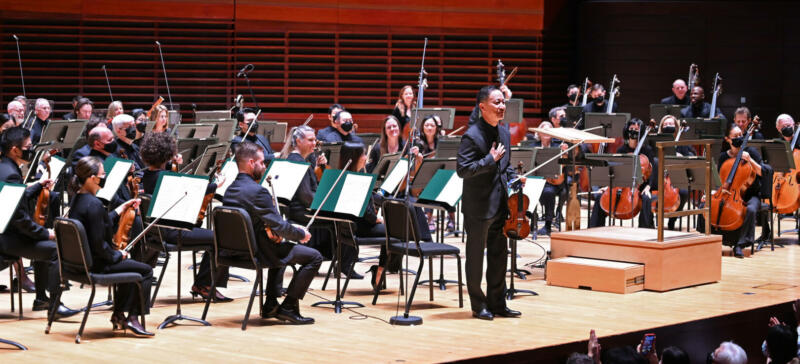
PhilOrch onstage in new all-black concert attire (Image courtesy: Philadelphia Inquirer)
“We’re well into the 21st century. It’s time to acknowledge that in many ways, and one of them is the way the orchestra looks on the stage,” said Tarnopolsky. “This new look is about strengthening the connection between the audience and the music and the musicians.”
PhilOrch implemented their new dress code as they prepared for their return to a live concert season with updated COVID-safe protocols. During concerts in May, Tarnopolsky stated that there were no complaints about the new dress code.
Simon Woods, president and CEO of the League of American Orchestras’ sector’s trade group commented that white tie and tails are part of “a costume that has almost entirely fallen out of use almost everywhere else in society, so it begs the question, why do we do it? To people outside of the orchestra world, it’s incredibly puzzling.”
Other orchestras have also taken a similar stance on the dress code, with the San Francisco Symphony trying all-black outfits and optional long black ties.
The New York Philharmonic (NY Phil) have adopted black collared shirts, jackets, no ties, and black mid-calf or floor-length skirts, dresses, or pants with formal long-sleeved tops. Pants for NY Phil’s female musicians were a recent amendment.
According to Tarnopolsky, Philadelphia's music director Yannick Nézet-Seguin supported the move away from white tie and tails. While conducting a free concert at Verizon Hall at the Kimmel Cultural Campus, the director wore a black t-shirt.
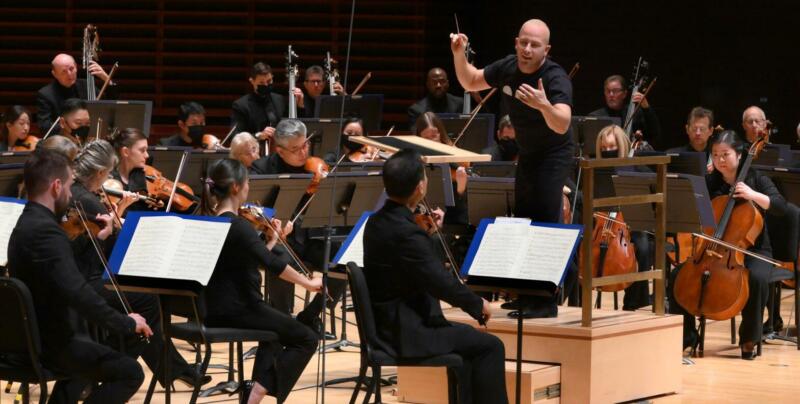
PhilOrch in all-black concert attire, conducted by Nézet-Seguin (Image courtesy: Facebook)
Boris Balter, violinist with PhilOrch since 1985, observed that for decades, he witnessed requests for changes to orchestra customs, which included dropping white tie and tails.
However, it is “difficult to see how monochromatically casual attire would result in increased attendance and revenue,” Balter said. “In my mind, this is another willful attempt to remove what is so unique in this distinctive art form.”
According to orchestra patron Robin Mitchell-Boyask, “completely ending white tie is a bad idea.” He does not “buy the idea that musicians should dress like everyone else, because going to a concert is supposed to be a departure from normal life.”
Conversely, Stanford Thompson, founder and executive director of after-school music program “Play On Philly,” finds the updated dress code “a positive move” and that “more and more the orchestra can just lighten up a little bit.”
For David Fay, PhilOrch double-bassist and chairman of its members’ committee, there is the hope that the alternative to white tie and tails will appear friendlier to audiences. “If it makes people more comfortable to come to a concert, that’s a reason right there to do it,” he told the Philadelphia Inquirer.
april 2024
may 2024




